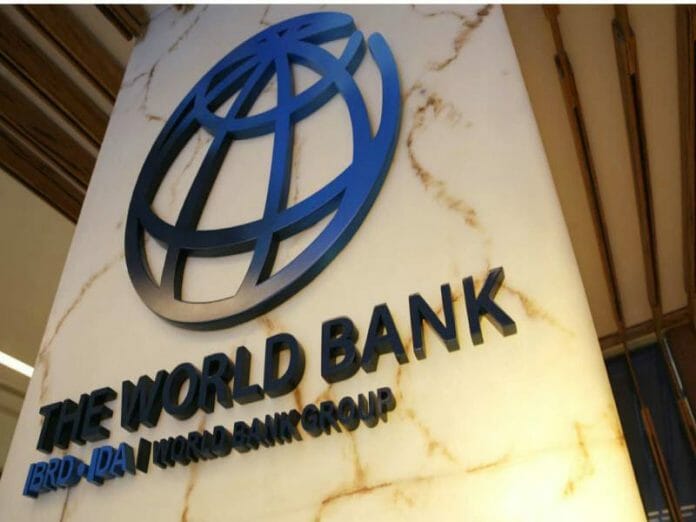The World Bank has slashed its growth forecast for China as the pandemic and weaknesses in the property sector hit the world’s second largest economy for the year.
According to its official released statement, the institution trimmed its forecast to 2.7 percent from 4.3 percent predicted in June.
Meanwhile, it also revised its forecast for next year from 8.1 percent down to 4.3 percent.
To recap, earlier on this year, Beijing had targeted the GDP growth of around 5.5 percent for the year.
Hence both forecast figures by World Bank are well below Beijing’s target growth rate.
“Economic activity in China continues to track the ups and downs of the pandemic — outbreaks and growth slowdowns have been followed by uneven recoveries,” the World Bank was quoted as saying in the statement.
“Real GDP growth is projected to reach 2.7 percent this year, before recovering to 4.3 percent in 2023, amid a reopening of the economy.”
After 3 years of strict Covid policy and travel restrictions, China abruptly abandoned its zero-Covid policy this month for turbo-charge its economy.
The International Monetary Fund (IMF) warned it too would likely downgrade its projections for China again, blaming a predicted continued rise in cases. It cut its growth projection for China in October to 3.2 percent this year, the lowest in decades, while expecting growth to rise to 4.4 percent next year.
Experts fear China is ill-equipped to manage the exit wave of infections as it presses ahead with reopening, with millions of vulnerable elderly people still not fully vaccinated.
The economy is under pressure on other fronts, too.
World Bank also has stated that “persistent stress” in the real estate sector — which accounts for about a quarter of annual GDP — could have wider macroeconomic and financial effects.
The agency also added that youth unemployment, the risks from extreme weather caused by climate change and the wider global slowdown also threatened growth.
On a wider scope, the world economy is being dented by high interest rates aimed at fighting runaway inflation that has been triggered by Russia’s war in Ukraine as well as global supply chain snarls.
Beijing has sought to mitigate low growth with a series of easing measures to provide support, slashing key interest rates and pumping cash into the banking system. Directing fiscal resources towards social spending and green investment would not only support short-term demand but also contribute to more inclusive and sustainable growth in the medium term.









